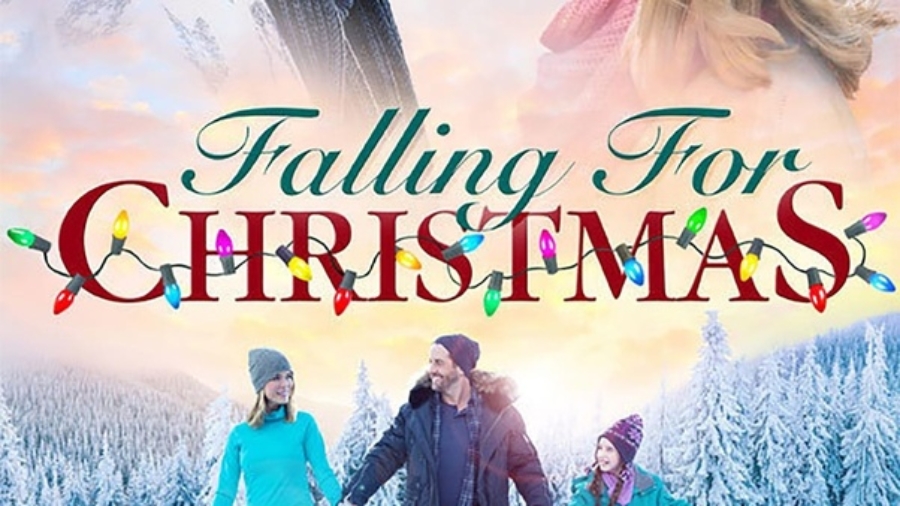Christmas, the most celebrated and cherished holiday worldwide, brings with it a plethora of traditions and customs. From decking the halls with boughs of holly to gathering around the dinner table with loved ones, Christmas marks a time of joy, love, and togetherness. While most people are aware that Christmas typically falls on December 25th every year, it is a rare occurrence when this beloved holiday aligns with another significant event – the Sabbath, or Sunday. To understand the significance of this phenomenon, it is essential to delve into the history and explore the few instances of this rare occurrence.
The last time Christmas fell on a Sunday was in the year 2016, before which it had been over a decade since the previous occurrence, which took place in 2005. To grasp the significance of such an arrangement, let us have a closer look at these exceptional years.
In 2005, the world experienced a truly unique and memorable holiday season. Countries around the globe had the privilege of celebrating Christmas on a Sunday, marking a truly special occasion for billions of people. Churches worldwide saw an unprecedented upsurge in attendance, as Christmas liturgies joined hands with the usual Sunday services. Families embraced the double celebration, reveling in the joy of both Christmas and the Sabbath. The day was hailed as a remarkable convergence of sacred observances, weaving together tradition and faith in a remarkable manner.
Fast forward to 2016, another year blessed with the conjunction of Christmas and the Sabbath. Coincidentally, 2016 marked the 20th anniversary of the last previous occurrence in 1996. The world once again experienced the magnificence of this unique alignment. Church pews overflowed with the faithful, and the holiday cheer was truly palpable. Families united, not only to celebrate the birth of Jesus Christ but also to commemorate the day of rest and reflection that Sunday represents to many.
It is worth noting that Christmas falling on a Sunday is so rare that it typically only occurs once every six or seven years on average. This infrequency amplifies the significance of the event, making it all the more special when it does occur. This intriguing pattern begs the question – what happens when Christmas aligns with Sunday?
When this unique conjunction unfolds, churches are faced with the challenge of merging two significant religious observations. For many, it is an opportunity to create a unified service, blending elements of Christmas with the traditional liturgy of the Sabbath. These services often coincide with typical Sunday morning worship, but with a festive twist. Carols and hymns centered around the birth of Christ take center stage. The sermons reflect not only the meaning of Christmas but also the significance of observing the Sabbath. This rare alignment provides a unique platform for clergy to bridge the gap between these two observances, delivering sermons that encompass the essence of both celebrations.
Consequently, families and individuals are presented with an occasion to embrace a more harmonious experience, combining the spiritual and festive elements of Christmas.
The rarity of Christmas falling on a Sunday prompts many to reflect upon the significance of both celebrations. Churches, in every corner of the world, strive to make the most of this rare occasion, encouraging their congregations to appreciate the traditions and meaning behind both Christmas and the Sabbath. The merging of these two sacred days reinforces the unity of faith and tradition, emphasizing the values of love, peace, and gratitude that are at the core of Christmas.
Unveiling the Remarkable Controversy: Is ‘Do They Know It’s Christmas?’ Racist?
The coming years hold the promise of experiencing this magical alignment again. The next time Christmas falls on a Sunday will be in 2022, followed by 2033, 2039, and beyond. Until then, we can look back at the rare instances where Christmas graced us with its presence on a Sunday, cherishing the memories of those extraordinary celebrations and eagerly awaiting the next opportunity to experience this unique conjunction once more.




















